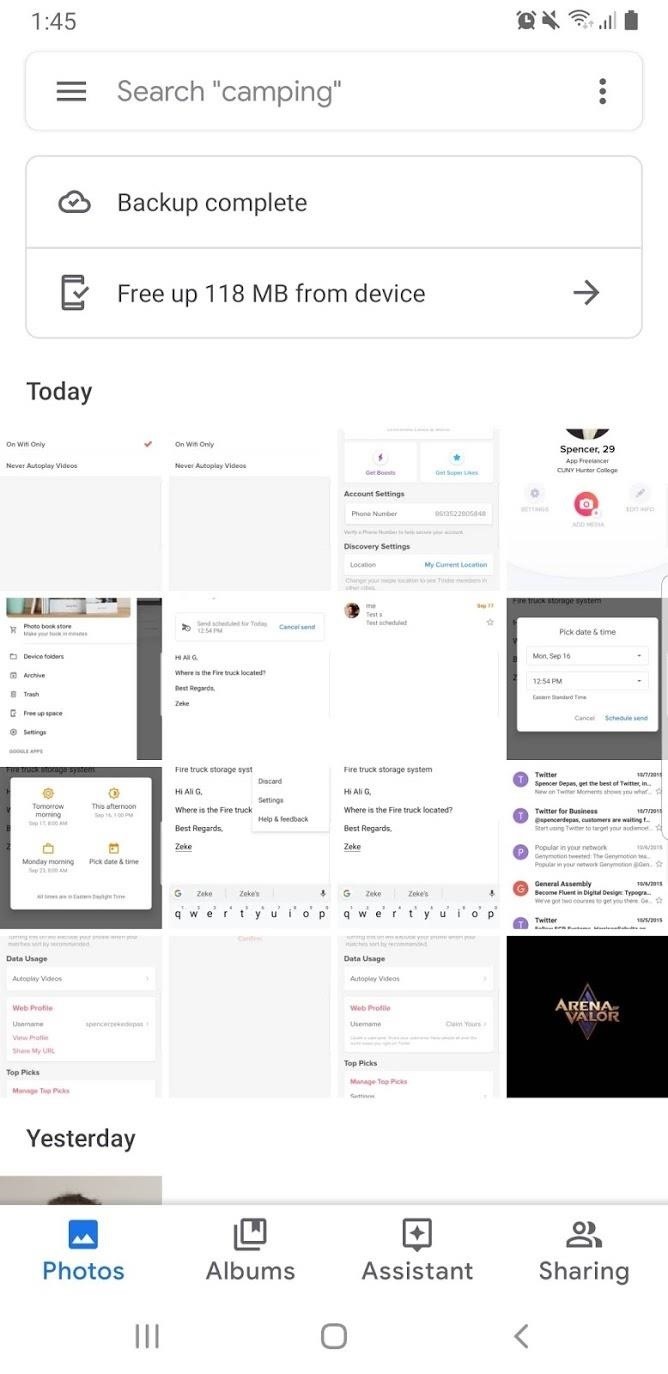Java being extended to data analysis
Industry players team up to develop a Java-based OLAP specification
August 22, 2000 — IBM, Sun Microsystems, Oracle, and Hyperion Solutions are codeveloping a Java-based, platform-independent specification for creating and managing data in OLAP (online analytical processing) servers.
JOLAP (Java-based interface for OLAP) will be developed via the JCP (Java Community Process), a procedure for developing Java specifications, reference implementations, and test suites.
“The purpose is to bring OLAP into the mainstream Java developer community,” said Tobin Gilman, the director of product strategy at Sunnyvale, Calif.-based Hyperion.
Industry analyst Mitch Kramer of the Boston-based Patricia Seybold Group said in a statement that the interdependency of ebusiness and analytic applications creates a need for Java developers to work with OLAP data structures.
JOLAP is designed as a counterpart to the JDBC (Java Database Connectivity) API, and will be deployable across any JOLAP-compliant OLAP data source. Additionally, vendors of OLAP servers supporting JOLAP will be able to use a standard API that is compatible with applications and components running on Java 2.
JOLAP leverages the Needham, Mass.-based Object Management Group’s open standards specification for the Common Warehouse Metamodel (CWM), providing interoperability between data warehousing and ebusiness tools, applications, and repositories.
“JOLAP and CWM are complementary in that CWM is for sharing metadata, and JOLAP is for multi-dimensional access,” said Jagadish Mirani, a senior director of marketing at Redwood Shores, Calif.-based Oracle.
The final specification for JOLAP is scheduled to be finished in June 2001, according to Paul Oh, market segment manager for data warehousing at Palo Alto, Calif.-based Sun Microsystems.
Once the open specification is finalized, developers can write to the specification.
“Working on a standard is the first step,” said Jeff Jones, senior program manager at Armonk, N.Y.-based IBM’s data management group. “The second step is to actually deliver products, and delivery is more important than announcing the standard.”
None of the vendors committed to delivery dates.




